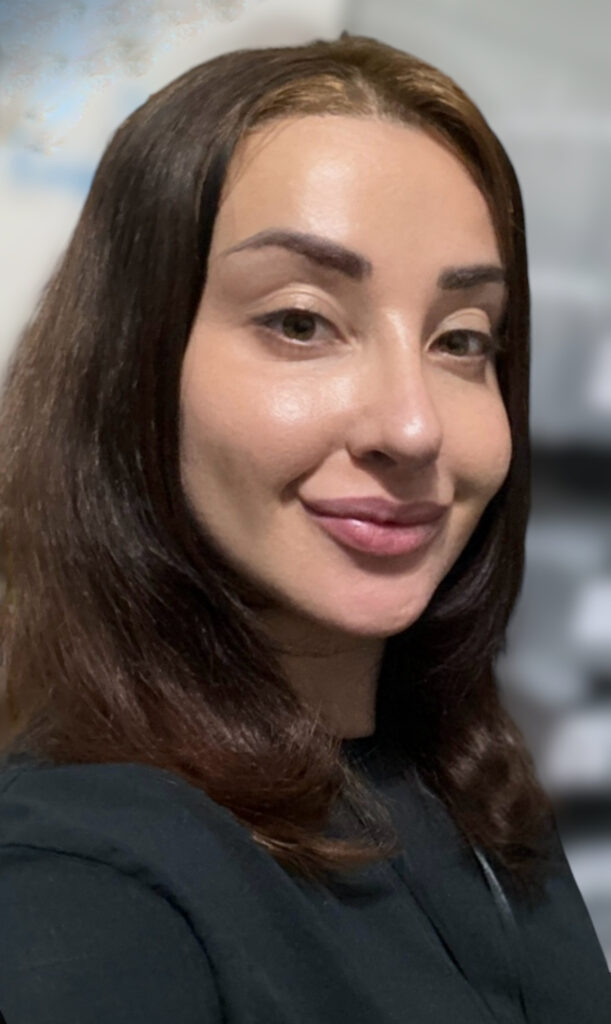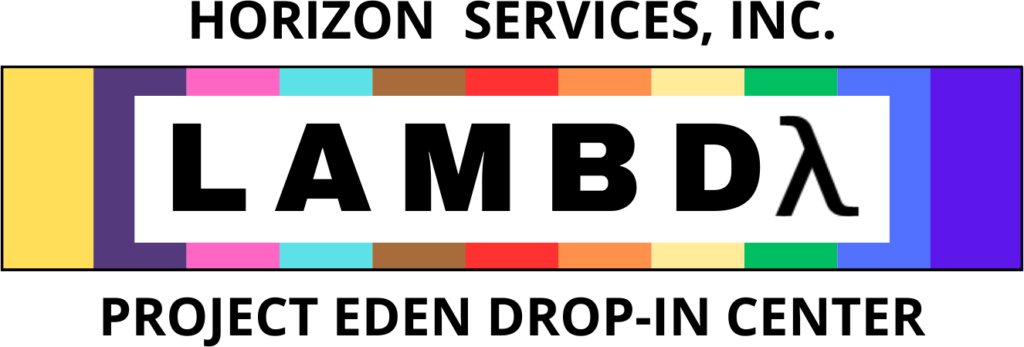by Karina Gertsikov, CLAS Champion Ambassador, Palm Ave Detox
As a Horizon Services CLAS Champion, I want to shed light on a deeply personal issue: the impact of addiction on the loved ones of those struggling with it, particularly within minority cultures. Individuals immersed in addiction often become disconnected from their families, either isolating themselves to shield loved ones or pushing family away due to frustration or lack of support.

What about the family member or friend grappling with one in active addiction? They face numerous challenges navigating cultural tradition, stigma, and simply lacking information to explain what is happening – some find themselves seeking answers desperately, and quietly. Providing culturally sensitive education and support around addiction should be thoughtful to minimize stress for those involved and avoid interference in the recovery process.
As CLAS CHAMPIONS, it’s vital to leverage National CLAS Standards to promote equity within addiction services, provide accessible education about SUD, while addressing heightened stigma in some minority cultures. According to United States Department of Health and Human Services, “When patients are provided with culturally and linguistically appropriate information, they are better able to create healthier outcomes for themselves, their families, and their communities.
What does that mean for Horizon staff? It involves being mindful of interactions with family members while recognizing that minority groups face heightened stigma in general, and around addiction. This underscores the need for basic individual and family education and access to support strategies.
By offering support to these family members, we contribute not only to their healing but also to the long-term recovery of the addicted individual. These interconnected relationships emphasize the importance of addressing addiction stigma within minority cultures, aligning with the broader goals of National Minority Health Month: Be the Source for Better Health: Improving Health Outcomes Through Our Cultures, Communities, and Connections.
Questions for you to reflect on:
- What does your family know about addiction?
- What is the influence of stigma and traditional cultures on your family’s ability to talk about this? To ask for help?
- How might you help improve this situation?








